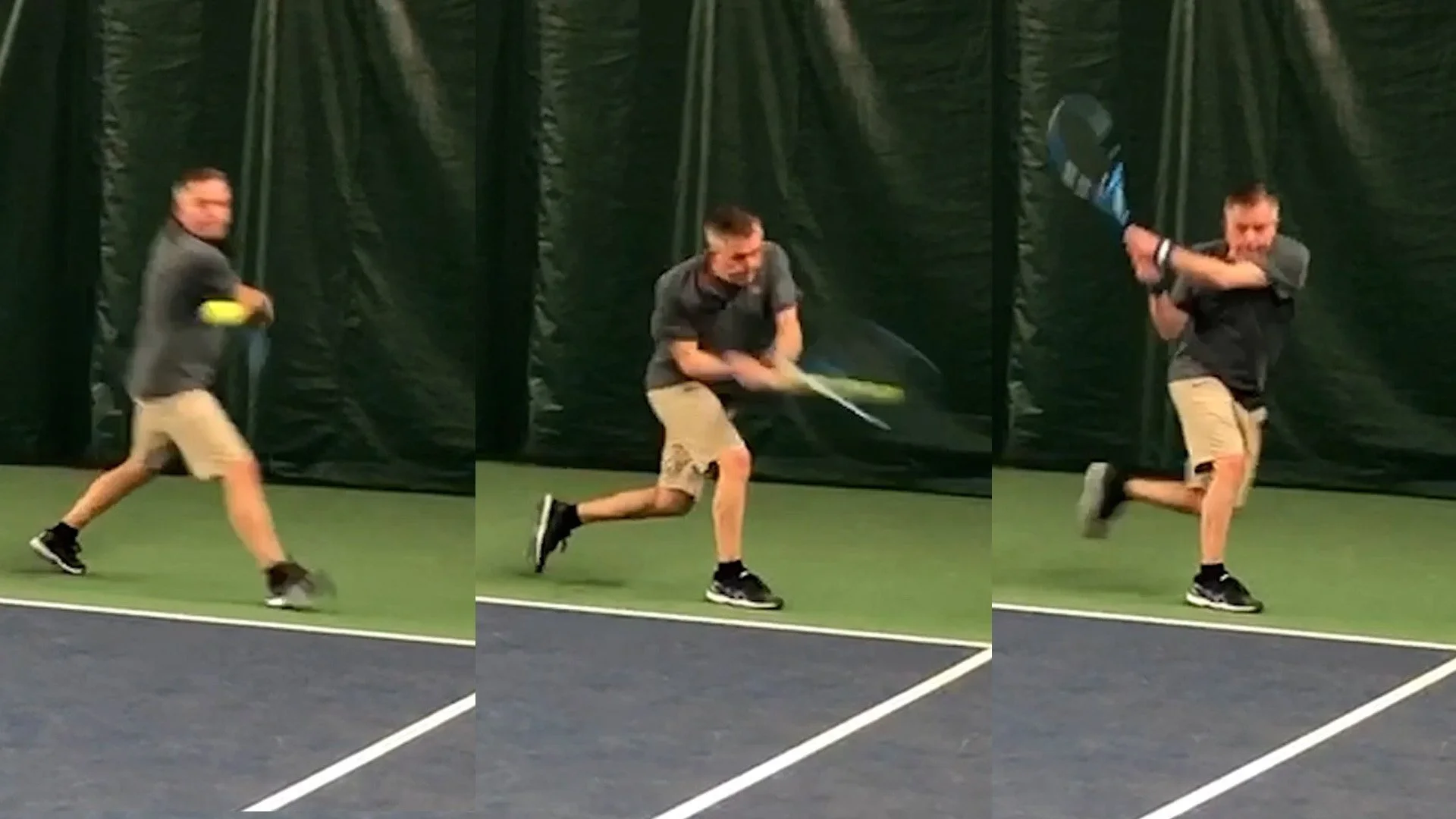The Creative Ace: What Tennis Taught Me About Composing
Since I was a kid, I've been an avid tennis player, but my dreams of Wimbledon were dashed in high school when I barely made the team. Thankfully, I had another interest that got me through those angsty teenage years and proved to be a fruitful career: music composition.
Tennis and composition might seem vastly different – one is a zero-sum game while the other relies on collaboration for success – but I’ve found they both offer a similar life lesson.
My liberal, hippy parents taught me and my siblings that sharing is caring and winning means letting others win too. We took this to heart, playing Parcheesi as a team against imaginary opponents. My sisters and I were always kind and generous… and always victorious against our pretend opponents.
Perhaps as a bit of rebellion against my parents' emphasis on collaboration, I found myself drawn to tennis—a sport where individual competition reigns supreme. Watching matches on TV, I saw fierce competition and dramatic outbursts from players like John McEnroe and Jimmy Connors. Despite my core belief in collaboration, I have to admit that there can be something undeniably satisfying about watching an opponent crumble.
They call him "Mean Garrett" on the court for a reason.
So I was surprised to learn in Ian Westermann’s 2022 book Essential Tennis a secret about winning in tennis: you have to embrace losing in almost equal measure.
Take Rafael Nadal’s French Open record. In 2014, Nadal had won eight of the nine French Opens, and 59 out of the 60 matches – a winning percentage of just over 98 percent. Yet, when these matches are broken down into individual points, it turns out Rafa won 6,465 points and lost 4,920, a winning percentage of only 56 percent.
He lost nearly half the time, yet still emerged victorious.
In fact, according to Westerman, the world’s #1 player on average wins only about 55% of their points. That’s a lot of losing!
My takeaway: to play my best game, I have to embrace the reality that I’ll lose a lot. When I take the pressure off of winning every single point, I become more relaxed and playing is a lot more enjoyable.
I've recently discovered this "secret" can apply to my composing. Whenever I focus on creating a “perfect” piece, I realize how paralyzing the possibility of never achieving this virtually impossible standard has been.
But now I channel Rafa… allowing myself to “lose a lot of points” as an essential part of creating a successful work. Embracing the mess of process – including embarrassing mistakes, feedback that takes me back to square one, and the slog of multiple drafts – ultimately leads to a satisfying outcome.
So, whether on the tennis court, at the piano, or engaging in other challenging endeavors, I now make it a practice to remind myself that it’s okay to get it wrong, and often. Losing is a necessary part of a winning strategy.

